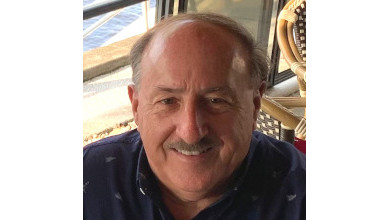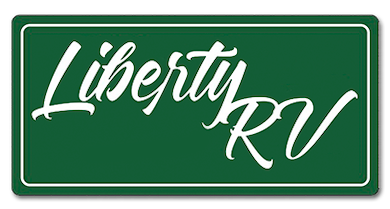Blog: Excellent Follow-Through Builds Credibility with Customers
 Morin
MorinThere are many things that can go wrong in the sales process that can lead a customer to not buy from a salesperson. Lack of rapport and trust with customers and not having sufficient product knowledge to put them on a product that fits their way of camping are just a few things that can make the customer “not feel right” in their buying decision.
One additional major issue that seldom gets noticed or mentioned is the lack of follow-up on the part of the salesperson. It’s critical that a customer feels comfortable when working with a salesperson. A huge contributor to the rapport and trust a customer must feel with a salesperson comes from follow-through – or lack of .
What exactly is follow-through? Most would say that it’s doing what you said you would do when you said you would do it. Although this sounds simple, why are so many salespeople and (even some sales managers) so bad at follow-through?
What exactly is follow-through? Most would say that it’s simply doing what you said you would do when you said you would do it. Although this sounds simple, why are so many salespeople and (even some sales managers) so bad at follow through?
All of us have dealt with a salesperson who has not been truthful with us at some point. That leads customers to be sensitive and concerned about a salesperson’s honesty and integrity even before they enter a dealership.
As a result, when some customers walk into a dealership, they will go to great lengths to avoid working with a salesperson. They will use comments like “I’m just looking” or “I don’t want to work with a salesperson” just to get past the person waiting at the door for them so they can get into the back lot and look at product.
All you need to do is observe customer behavior when they walk in the front door. Even though a salesperson has done nothing wrong when at that point, preconceived fears may motivate customers to avoid them if they can.
To make matters worse, when a customer asks a question that a salesperson doesn’t know the answer to, many will make up an answer to sound smart, knowing it might not be correct. Sadly, only a few will honestly say they don’t know but will find out. Many will unintentionally forget about it, not get the answer, and leave the customer wondering and speculating about their question, never asking a second time.
Though it may seem small, this will not go unnoticed by the customer, who could incorrectly conclude the salesperson may have something to hide – or even worse, didn’t value them enough to actually go get the answer. Of course, this is compounded when multiple questions are asked with no follow up to get answers. This will be perceived as disrespectful by the customer and could ruin any rapport and trust that might have already been built. It happens just that fast.
How do I know this? As a salesperson in my early days, I’ve had customers tell me they bought from me only because they asked about something I didn’t have the answer to and I was honest and said I didn’t know, but immediately went and got the answer they needed. Sad but true.
In another situation, a good salesperson will often announce the next step in the sales process to the customer (and in some cases seek their permission). This is great because it eases customer tension by letting them know what’s happening next. However, if the salesperson doesn’t follow through and complete the step that was just announced, the customer will notice and question their follow-through and in some cases, honesty.
There are a few simple steps salespeople can take to ensure this never happens with a customer:
- Be a student of product knowledge, constantly learning, so you can answer any questions asked during a customer visit.
- If you don’t know, look the customer in the eye and say you don’t know.
- Commit to getting the answer immediately.
- Contact another salesperson, sales management or call a factory rep on the spot to get the answer. Have them talk directly to the customer if possible.
Following these steps will build salesperson trust and credibility as a source of information and help the customer relax and achieve some level of comfort.
A by-product of this process is that as they learn so does the salesperson, who will be better prepared to answer the same question(s) with the next customer. You won’t just sound smart, you will be smart. Doing what you said you would do, when you said you would do so is one of the fastest ways to build credibility with your customers.
Thomas Morin is a Certified Sales and Career Coach. After joining Alpin Haus in Amsterdam, New York, Morin quickly became a top RV salesperson and was named as Trainer for all new salespeople. He was subsequently promoted to Sales Manager, followed by Director of Employee Development, responsible for company recruitment, succession planning and training of all salespeople. For more information on Morin and his coaching company, visit his website at: Unlock Your Career Coaching.



